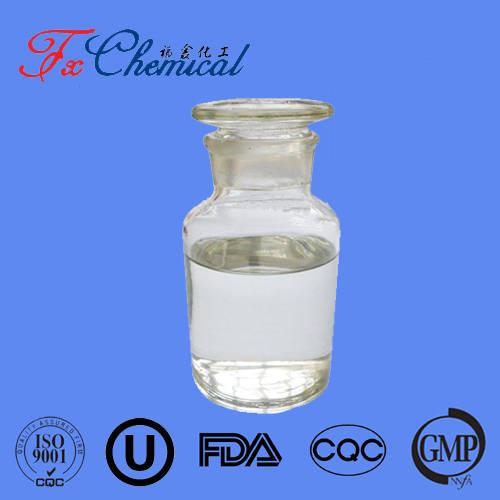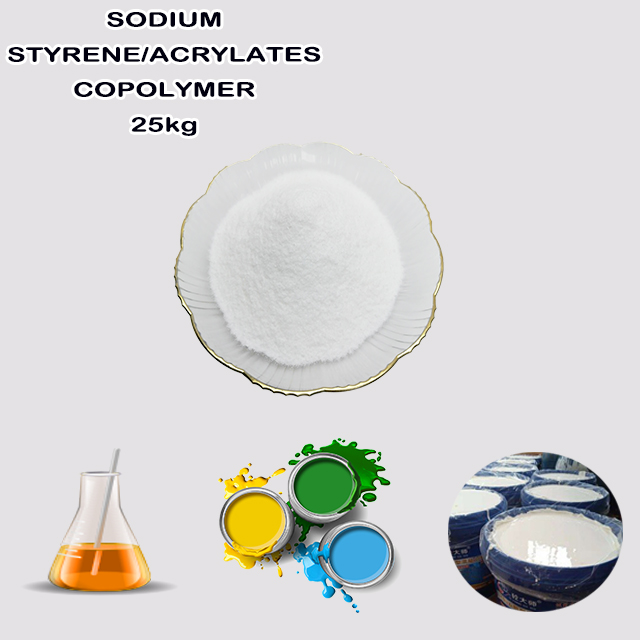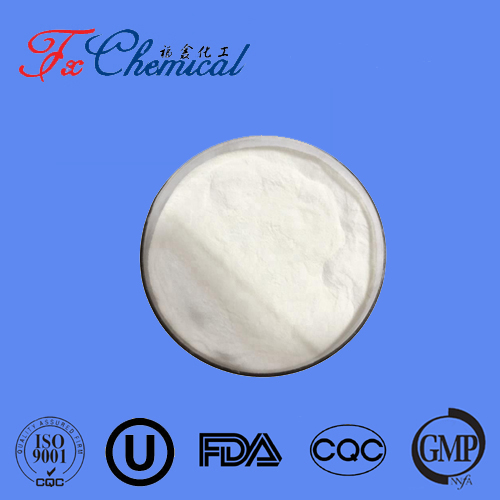
Search

Search

tin主图.jpg)
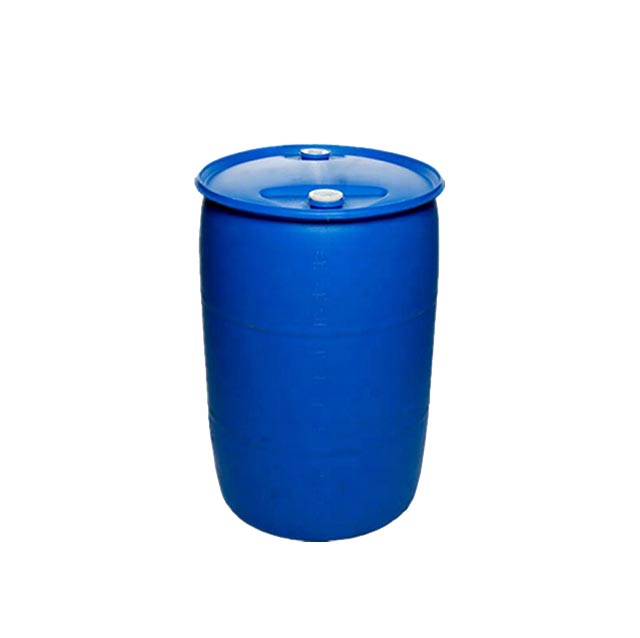
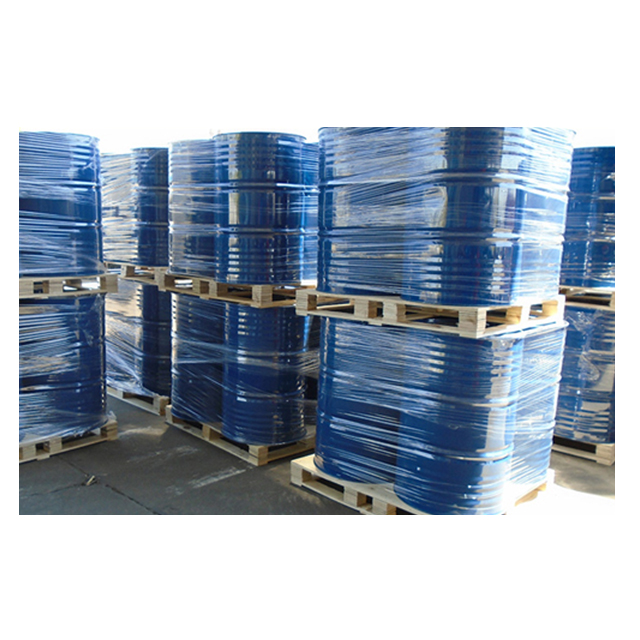
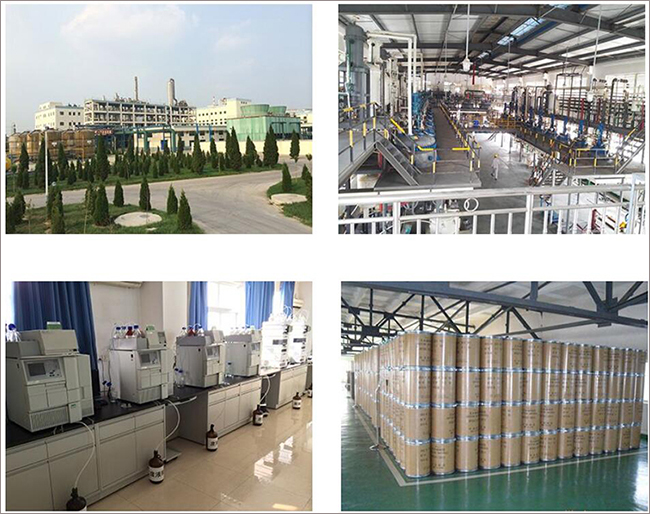
tin主图.jpg)



DI-N-BUTYLBIS(DODECYLTHIO)TIN
(Formula: (CX4HX9)X2Sn(SCX12HX25)2X
Type: Organotin compound with tetrahedral Sn center bound to two *n*-butyl groups (C₄H₉) and two dodecylthio groups (SC₁₂H₂₅).
Molar Mass: ≈631.6 g/mol.
PVC Thermal Stabilizer:
Prevents decomposition during high-temp processing (150–220°C).
Scavenges HCl, replaces unstable chlorides in PVC chains.
Critical for transparent products (bottles, films) due to minimal color distortion.
Efficiency: Superior long-term stability vs. Ca/Zn alternatives.
Lubricity: Dodecyl chains reduce polymer friction during extrusion.
Toxicity: Safer than methyltin analogs (but still handle with precautions).
Compliant with REACH/EPA for industrial use; restricted in food-contact applications without certification.
Note: Key for high-clarity PVC where performance justifies cost.
DI-N-BUTYLBIS(DODECYLTHIO)TIN (chemical formula: (C4H9)2Sn(SC12H25)2(C4H9)2Sn(SC12H25)2) is an organotin compound with specialized applications, primarily as a thermal stabilizer in polymer chemistry. Below is its detailed chemical profile:
Core Framework:
Tin (Sn) center in a tetrahedral coordination.
Two �n-butyl groups (−CX4H9X) bonded to Sn via Sn-C bonds.
Two dodecylthio groups (−SC12H25−SC12H25) bonded to Sn via Sn-S bonds (dodecyl = 12-carbon chain).
Molecular Weight: ~631.6 g/mol.
Bonding:
Sn-S bonds are thermally labile, enabling HCl scavenging in PVC degradation.
Long alkyl chains (C12H25) enhance compatibility with organic polymers.
Prepared via alkylation/thiylation:
SnCl4+2 C4H9MgBr→(C4H9)2SnCl2→2 C12H25SH(C4H9)2Sn(SC12H25)2SnClX4+2C4H9MgBr--->(C4H9)2SnCl2 ——2 C12H25SH____> (C4H9)2Sn(SC12H25)2
Key reagents: Grignard reagent (�n-butylmagnesium bromide) + dodecanethiol.
PVC Thermal Stabilizer:
High efficiency in transparent PVC products (bottles, films).
Superior long-term stability vs. Ca/Zn stabilizers.
Absorbing liberated HCl.
Substituting labile chloride atoms in PVC chains.
Function: Prevents decomposition during high-temperature processing (150–200°C) by:
Advantages:
Lubricant & Processing Aid:
Dodecyl chains reduce friction during PVC extrusion/molding.
Niche Uses:
Antifouling coatings (limited due to eco-regulations).
Catalyst in urethane/polyester reactions.
Toxicity: Lower than methyl/ethyltin analogs but still requires handling precautions (skin/eye irritant).
Environmental Impact: Regulated under EU REACH; restricted in consumer goods if leaching exceeds thresholds.
Storage: Stable under inert atmospheres; hydrolyzes slowly in moisture.
| Property | Value/Description |
|---|---|
| Appearance | Pale yellow liquid or low-melt solid |
| Solubility | Soluble in toluene, THF, chloroform |
| Thermal Stability | Decomposes >250°C (no sharp mp/bp) |
| Reactivity | Air/moisture-sensitive (oxidizes) |
The mixed alkyl/thiyl groups synergize:
Sn−SSn−S bonds quench HCl radicals.
Long C12CX12-chains improve polymer miscibility and reduce plate-out.
�n-Butyl groups balance reactivity and low toxicity.
Note: Competes with methyltin stabilizers but preferred for high-clarity applications. Always verify regional compliance (e.g., FDA 21 CFR for food-contact PVC).
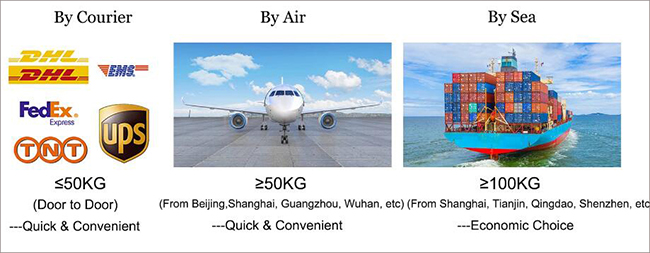
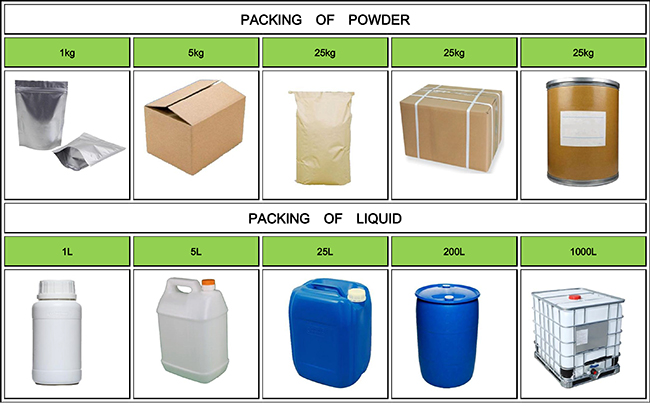


Fortunachem Provides Not Only Professional Chemical Products But Also Professional Help
Keeping you up-to-date with all the latest information, news, and events about Fortunachem!

Quick Links
Add:
E-mail:
 English
English  Español
Español  français
français  العربية
العربية 